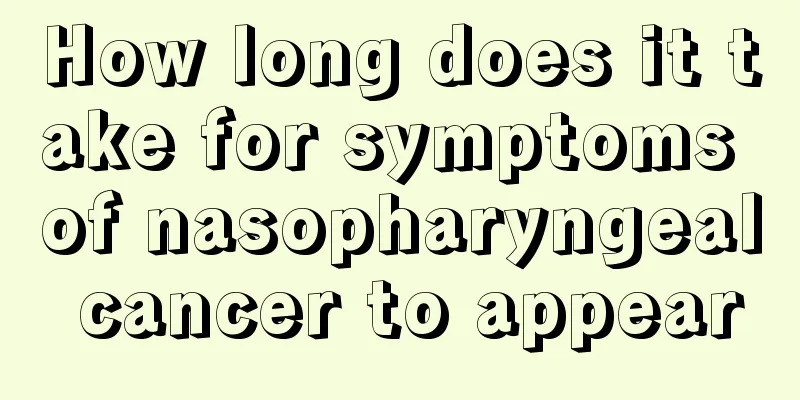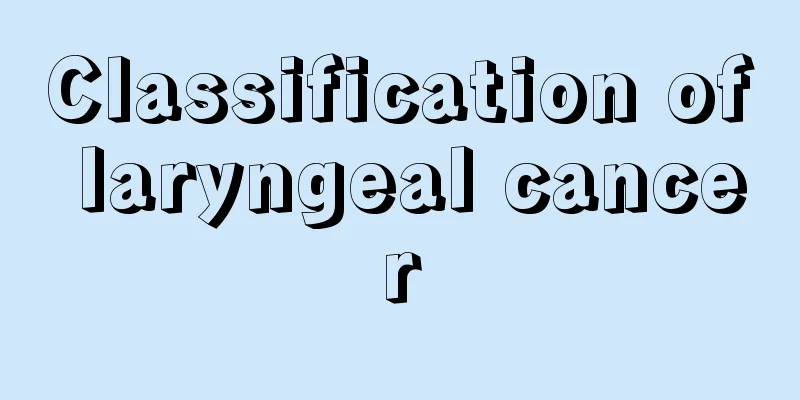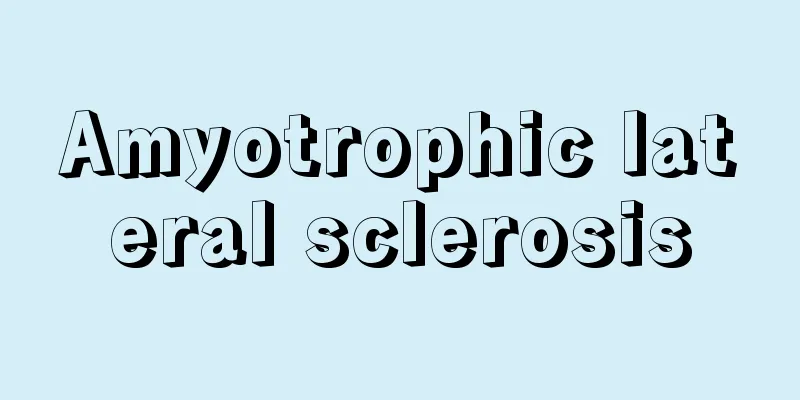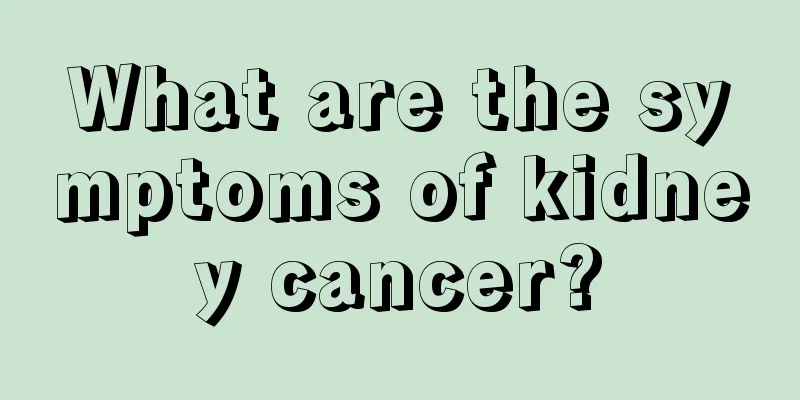How long does it take for symptoms of nasopharyngeal cancer to appear

|
Symptoms of nasopharyngeal carcinoma are usually not obvious in the early stage, but in the late stage, symptoms such as nasal congestion, nose bleeding, tinnitus, and hearing loss may appear. The occurrence of nasopharyngeal carcinoma is closely related to genetics, viruses such as Epstein-Barr virus, environmental factors such as smoking, inhalation of harmful gases, and eating habits such as pickled foods. Early detection and treatment are crucial to prognosis. The treatment methods for nasopharyngeal carcinoma mainly include radiotherapy, chemotherapy, and surgery. At the same time, combined with traditional Chinese medicine treatment and supportive therapy, there is also a positive effect. 1\. The early symptoms of nasopharyngeal carcinoma are relatively hidden. Patients may only feel mild nasal congestion or nasal discomfort. As the disease progresses, persistent nasal congestion and nose bleeding may occur, especially unilateral nasal congestion and respiration of bloody nose. Tinnitus and hearing loss are also common symptoms, mostly caused by tumor compression of the Eustachian tube. Enlarged lymph nodes in the neck are typical manifestations of nasopharyngeal carcinoma, which are usually painless and hard in texture. Late-stage patients may also experience symptoms such as headache, diplopia, and facial numbness. 2\. Genetic inheritance is an important risk factor for nasopharyngeal carcinoma. People with a family history of nasopharyngeal carcinoma have a higher incidence rate. Viral infection, especially Epstein-Barr virus infection, is closely related to the occurrence of nasopharyngeal carcinoma. Environmental factors such as long-term inhalation of harmful gases such as formaldehyde and secondhand smoke, and bad eating habits such as excessive consumption of pickled foods can also increase the risk of disease. Physiological factors such as low immune function and chronic nasopharyngeal inflammation may also induce nasopharyngeal carcinoma. 3\. After the diagnosis of NPC, radiotherapy is the first choice, especially intensity modulated radiotherapy (IMRT), which can accurately target the tumor and reduce damage to surrounding tissues. Chemotherapy is often used to assist radiotherapy or palliative treatment for advanced patients. Commonly used drugs include cisplatin, fluorouracil, etc. For patients with local recurrence or poor radiotherapy response, surgical treatment may be required, such as endoscopic sinus surgery or cervical lymph node dissection. Traditional Chinese medicine conditioning and nutritional support therapy can enhance the patient's physical fitness and reduce the side effects of treatment. The treatment effect of nasopharyngeal carcinoma is closely related to early detection. Regular physical examinations, especially screening of high-risk groups, are very important. Patients should maintain good living habits, avoid smoking and alcoholism, reduce the intake of pickled foods, and enhance immunity. Actively cooperating and maintaining a good attitude during treatment will help improve the quality of life and prognosis. |
<<: Rectal cancer inner thigh pain
>>: Is omental hernia an early symptom of colon cancer?
Recommend
What to do if you feel dizzy and want to vomit? Here are 5 tips to help you solve it easily
Due to work reasons, everyone is unable to eat an...
Is prostate cancer mortality high? Beware of these 6 myths, wake up! Don't be fooled again
Prostate cancer is one of the most common cancers...
What are some tips for wearing contact lenses?
People who love beauty prefer contact lenses. Not...
What herbal medicine is good for nasopharyngeal cancer
After rhinitis occurs, everyone must treat it rea...
What is the difference between silky eyebrows and powder eyebrows?
Powder eyebrows are also known as subtle intracel...
Who is prone to lymphoma
Lymphoma is a malignant tumor originating from th...
What does positive urine protein mean?
Positive urine protein is a routine urine test du...
Foreign body sensation in throat for one month, laryngeal cancer?
A foreign body sensation in the throat that persi...
Introduction to the classification and treatment of spots
There are many types of spots, not just the commo...
How to use motion sickness belly button patch
Motion sickness can be treated by long-term car r...
Is chemotherapy needed after bladder cancer surgery?
Is chemotherapy required after bladder cancer sur...
How to use Sanfutie
The treatment of Sanfutie is not that simple. It ...
5 small moves to say goodbye to cold hands and feet
Cold hands and feet are caused by low temperature...
What dishes go best with wine
Wine is a very common type of wine in our daily l...
Myolysis caused by eating lobster
Myolysis is a relatively serious disease. The occ...









